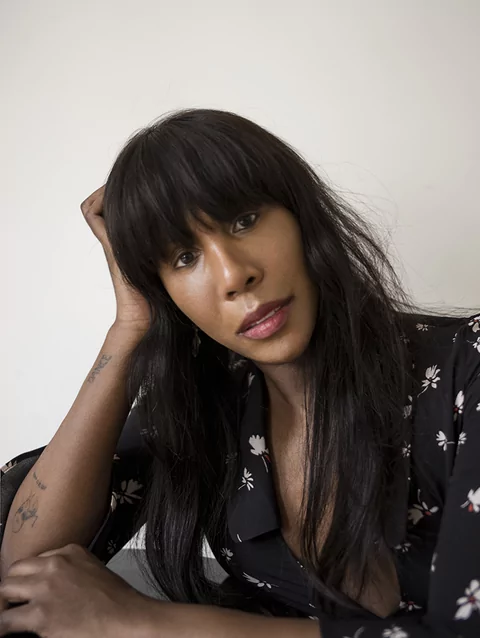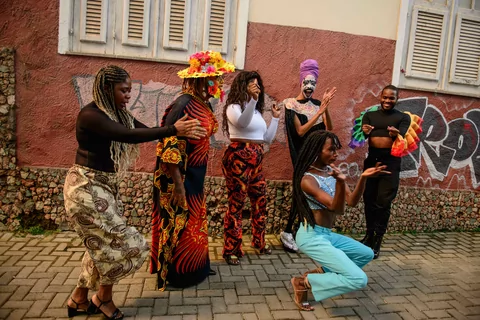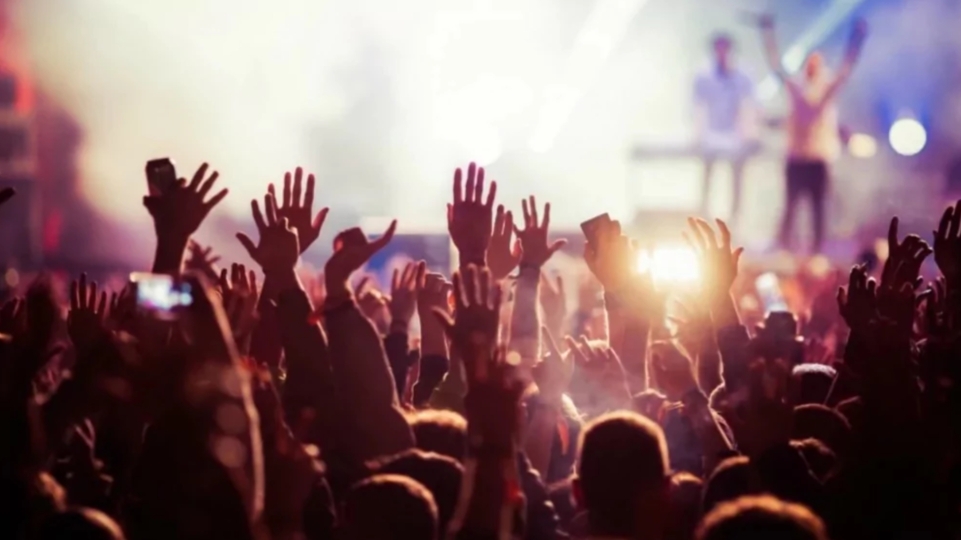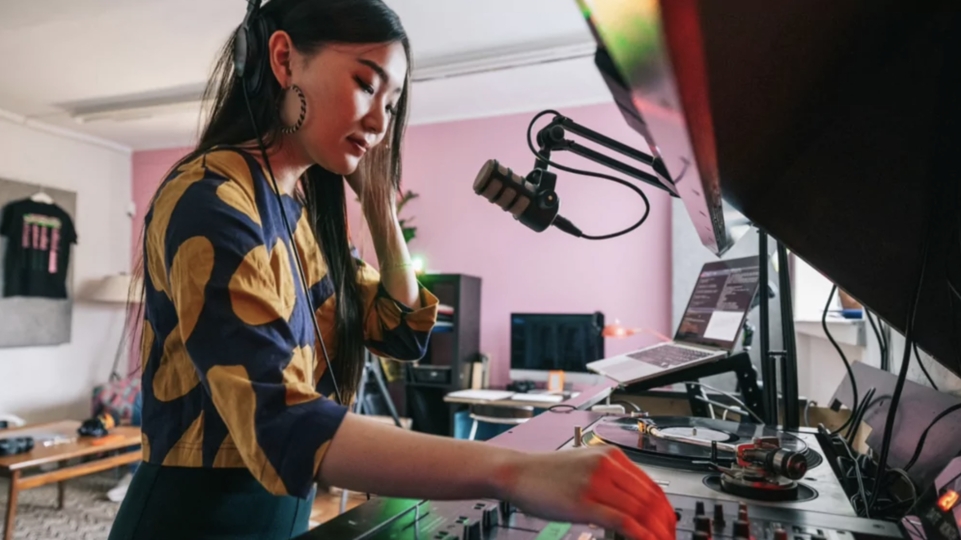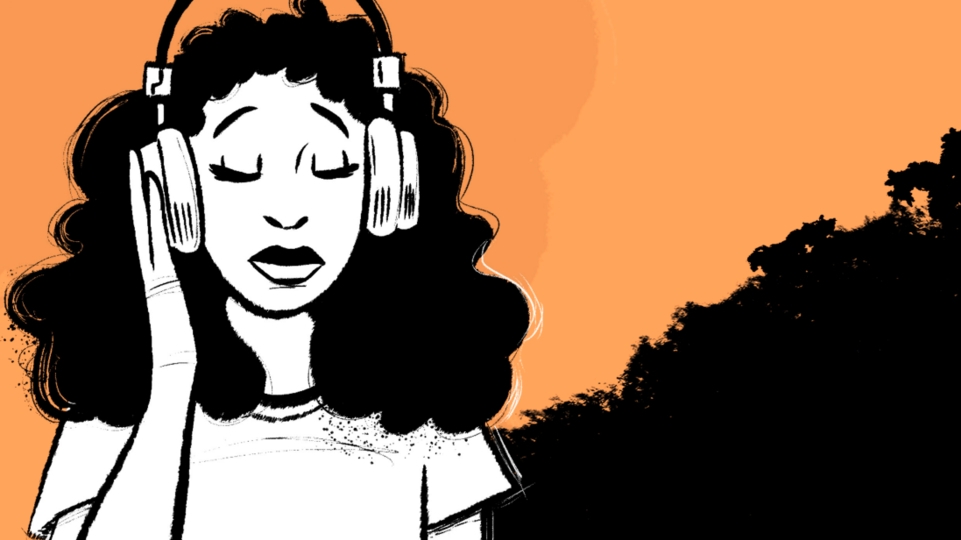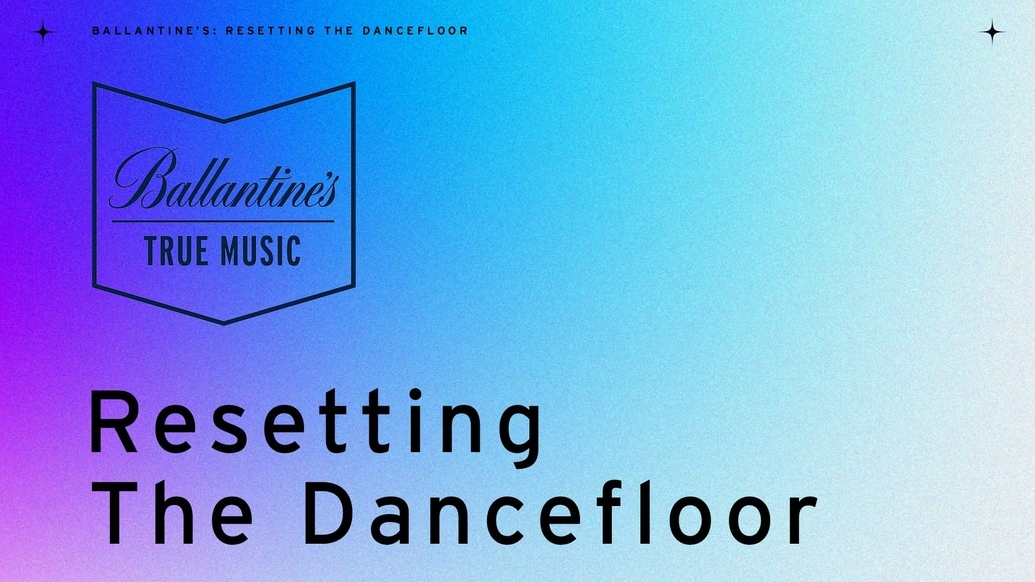
1 in 3 have experienced discrimination on the dancefloor, new report finds
Ballantine's ‘Resetting The Dancefloor’ report calls for the music industry to fight discrimination on the dancefloor
One in three music lovers globally have experienced discrimination, while a further 84% have witnessed it on the dancefloor, new research from Ballantine’s has found.
The Resetting The Dancefloor report was commissioned by whisky brand, Ballantine's — a long-time champion of diverse talent, scenes and music communities through it's True Music platform. It comes as we begin to emerge from a period of unprecedented disruption, and highlights signs the music industry and fans alike are increasingly motivated to create collective change.
The report has been compiled from responses from more than 2,300 music lovers, spanning four continents, and is spearheaded by a group of industry leaders brought together to form the True Music Collective.
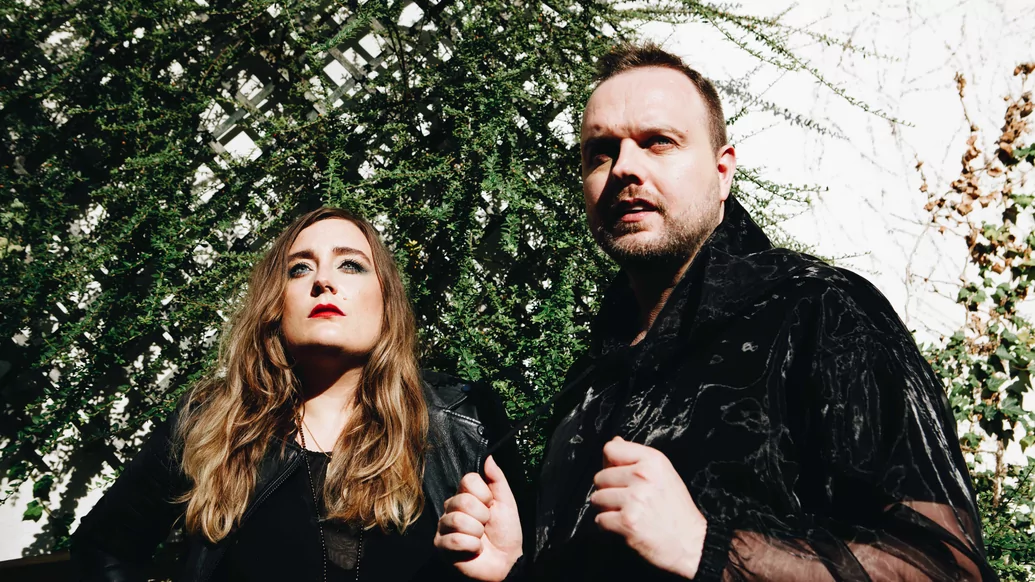

They include Berlin-based DJ Honey Dijon, SBTV Founder Jamal Edwards MBE, pioneering events and label collective, HE.SHE.THEY, Madrid-based DJ collective Chica Gang, Brazilian LGBTQIA+ dance collective Afrobapho, and South African musician Dope Saint Jude. In a short film, they call on music fans, artists and those within the music industry to work together to drive change in our scene and communities.
Ballantine’s Head of Music Tom Elton reflects on the past 18 months and the impacts of the pandemic that have inspired this initiative. “The past 18 months have seen the live music industry suffer,'' he shares. "Lockdowns have forced fans to stay at home and repress desires to be on the dancefloor. As the world begins to emerge from the pandemic, we have the opportunity to press the reset button and club together to rebuild a music culture for everyone."
According to the report's findings, this move for change has already begun. Three quarters of people surveyed now say that they would speak out if they witnessed discrimination at a music event, and 89% believe we all have a responsibility to fight discrimination.
“All of these things we’re fighting for — diverse line-ups, diverse dancefloors — this is simply us wanting our humanity and our creativity to be considered as worthy as other people’s,” says Honey Dijon about the project's goals. "That’s an expectation no one should be able to stand in the way of.”
